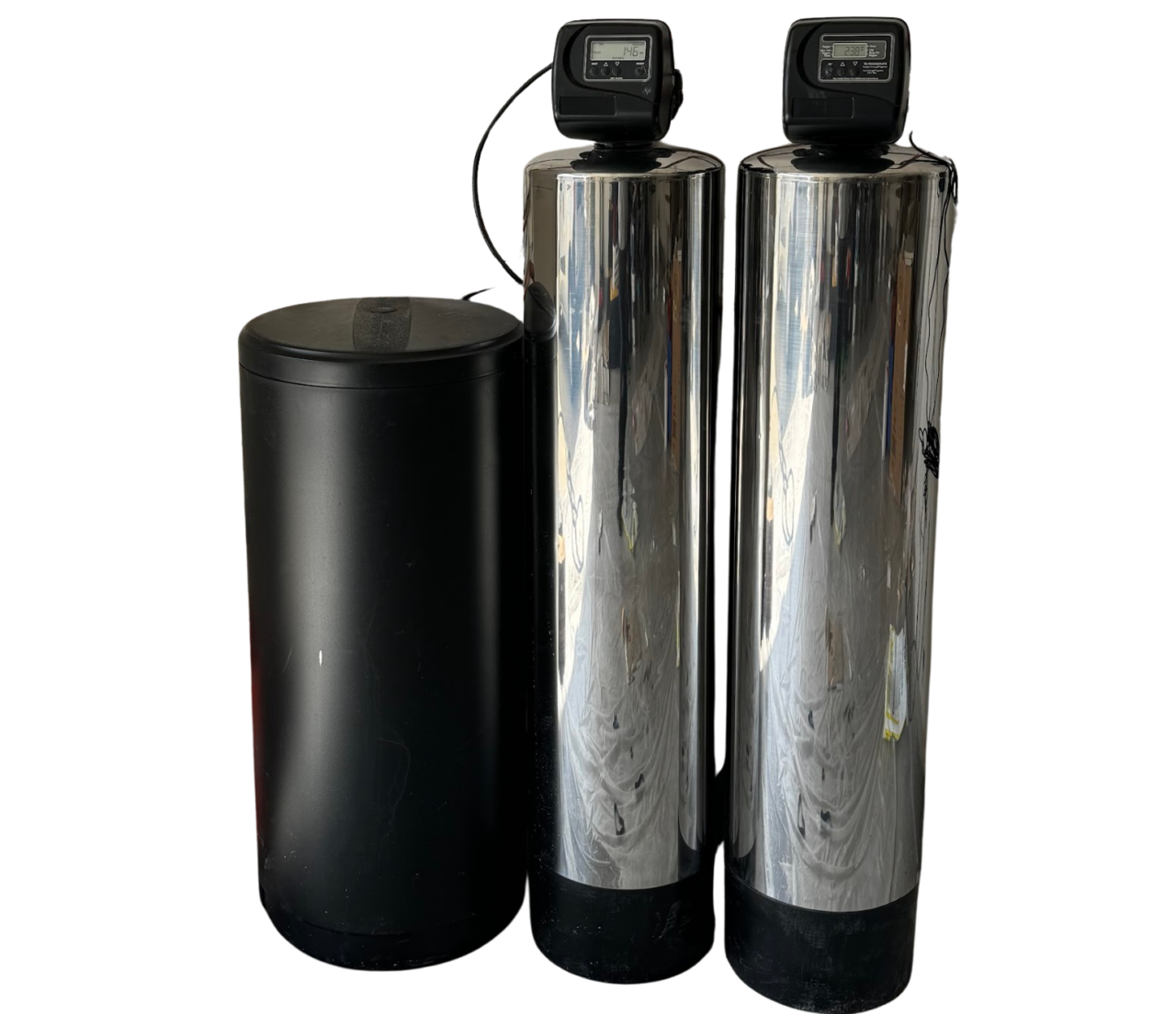If you’re tired of limescale buildup, soap scum, and the effects of hard water in your home, a water softener might be the solution. In this beginner-friendly blog post, we’ll explore salt-based water softeners, covering what they are, how they work, and whether they’re right for your home.
What is a Salt-Based Water Softener? A salt-based water softener is a device that removes minerals like calcium and magnesium to combat hard water. These minerals cause the “hardness” of water, leading to issues like scaling on fixtures and reduced effectiveness of soaps and detergents. It’s important to note that water softeners are not to be confused with water conditioners, as they address different aspects of water treatment.
How Do Salt-Based Water Softeners Work? Salt-based water softeners use a process called ion exchange. Here’s a simplified explanation:
Ion Exchange Resin: The water softener tank contains a bed of resin beads charged with sodium ions.
Softening Process: As hard water flows through the resin bed, calcium and magnesium ions attract to the beads. In exchange, sodium ions release into the water, effectively softening it.
Regeneration: Over time, calcium and magnesium ions saturate the resin beads. Regeneration flushes the resin bed with a concentrated salt solution (brine) to displace the minerals and recharge the resin.
Before investing in a salt-based water softener, weigh the pros and cons.
Pros:
Effective: Salt-based water softeners effectively remove hardness minerals, resulting in noticeable improvements in water quality.
Low Maintenance: With proper care, these systems operate efficiently for years, needing only occasional salt refills and routine cleaning.
Cost-Effective: While you make an initial investment, long-term benefits like reduced energy costs can lead to savings.
Cons:
Requires Salt: These systems need periodic salt addition for regeneration, increasing maintenance costs and possibly not suiting low-sodium diets.
Wastewater Discharge: The regeneration process produces wastewater with concentrated minerals, requiring proper disposal to avoid environmental impact.
Not Suitable for Drinking: Some people prefer not to drink softened water due to the added sodium content.
So, Is a Salt-Based Water Softener Right for You?
Base your decision on your needs and preferences. Consider water hardness, budget, maintenance, and dietary restrictions. If you’re unsure, consult a water treatment professional to assess your water quality.
Salt-based water softeners combat hard water effectively and provide many benefits for your home and appliances. By understanding how they work and their pros and cons, you can decide if a salt-based water softener is right for you!


Add Comment